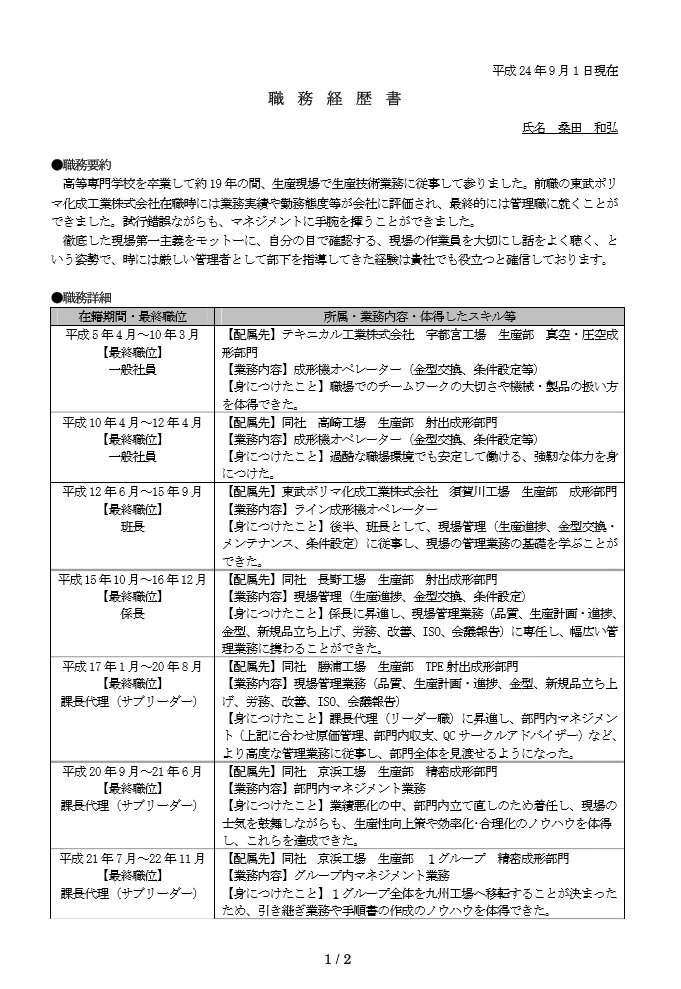How Industry 4.0 Is Reshaping Required Worker Competencies
페이지 정보

본문
The rise of Industry 4.0 has radically transformed the way goods are produced and services are delivered. With the integration of advanced digital tools like the connected devices, machine learning, industrial robots, and predictive analytics, manufacturing sites and service centers are becoming highly interlinked and self-optimizing. This shift is not just about machines doing more work—it is about transforming the essential abilities for modern employment in this next-generation industrial ecosystem.
Just a decade ago, many jobs were centered around hand-operated processes or routine operations that demanded minimal technical expertise. Today, those roles are being complemented or phased out by machines that can function autonomously at high throughput. As a result, workers are now expected to understand how to interact with these systems. This means basic digital literacy is no longer optional. Employees need to know how to extract insights from embedded telemetry, diagnose malfunctions in robotic systems, and leverage digital dashboards for operational control.

In addition to technical expertise, there is a increasing priority for resilience and analytical reasoning. Because technology advances at breakneck speed, workers must be prepared to continuously retrain throughout their careers. The ability to think critically and respond to unexpected issues is critical to operational success. For example, a technician who can diagnose why a robot arm is malfunctioning by analyzing real-time data is significantly more effective than a reactive repairer.
Interpersonal and cognitive abilities are now essential. Collaboration across departments and with machines requires clear communication and teamwork. Workers must be able to explain technical issues to non-technical colleagues and fuel progress through out-of-the-box ideas. Decision-making authority is decentralized. Employees at all levels are expected to take initiative and propose improvements.
Education and training systems are beginning to adapt, but the speed of disruption overwhelms many traditional approaches. Companies are investing in upskilling programs, embedded learning experiences, and partnerships with technical schools. National regulators and curriculum designers are also being called upon to modernize curriculums to include technology fluency and analytical reasoning from an elementary level.
The transition is not without challenges. Workers in manual or low-skill roles may feel excluded if they do not have equitable learning pathways. There is a potential for social stratification if support is not provided equitably. However, with the strategic funding for lifelong learning and equity programs, Industry 4.0 can generate higher-value roles that offer increased compensation and enhanced fulfillment.
Ultimately, the future of work is not about replacing people with machines. It is about empowering people to work alongside machines in ways that unlock greater efficiency, creativity, and 転職 40代 innovation. The next-generation employees will need a combination of digital fluency, adaptive thinking, and emotional intelligence. Those who develop these skills will not only navigate the change—they will define its trajectory.
- 이전글Here's A quick Approach To resolve A problem with Blog 25.11.05
- 다음글Navigating Intellectual Property in Engineering Projects 25.11.05
댓글목록
등록된 댓글이 없습니다.